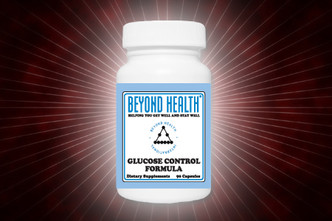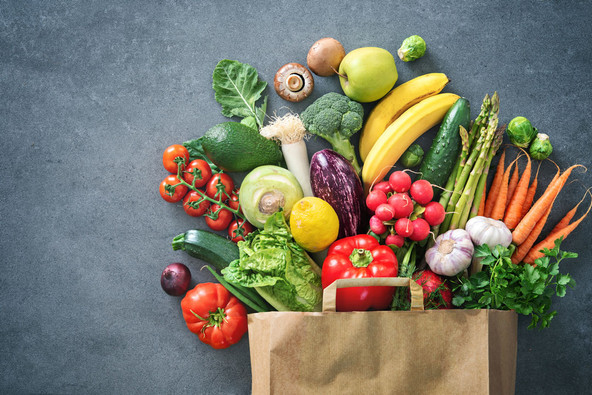Posted by *Beyond Health on Nov 11th 2025
Glutathione: The Master Antioxidant That Modern Medicine Can’t Replace
A Natural Molecule More Powerful Than Any Prescription There’s a quiet hero working inside every cell of your body one that medicine can’t replicate, and modern lifestyles are steadily depleting.That molecule is Glutathione, often called the master antioxidant. It’s your body’s ultimate defense against toxicity, oxidative stress, and premature aging. While pharmaceutical drugs can mask symptoms, Glutathione works at the root level, restoring health by supporting your body’s natural detoxification and repair systems. And unlike synthetic chemicals, glutathione is not foreign to the body — it’s made by your own cells. So why aren’t we all talking about it? What Is Glutathione and Why Is It So Important? Glutathione is a tripeptide composed of three amino acids: cysteine, glycine, and glutamic acid. Together, they form a compound critical for: Neutralizing free radicals that damage DNA and accelerate aging Regenerating other antioxidant…
read more Fuel your life with the purest vitamins
Fuel your life with the purest vitamins






